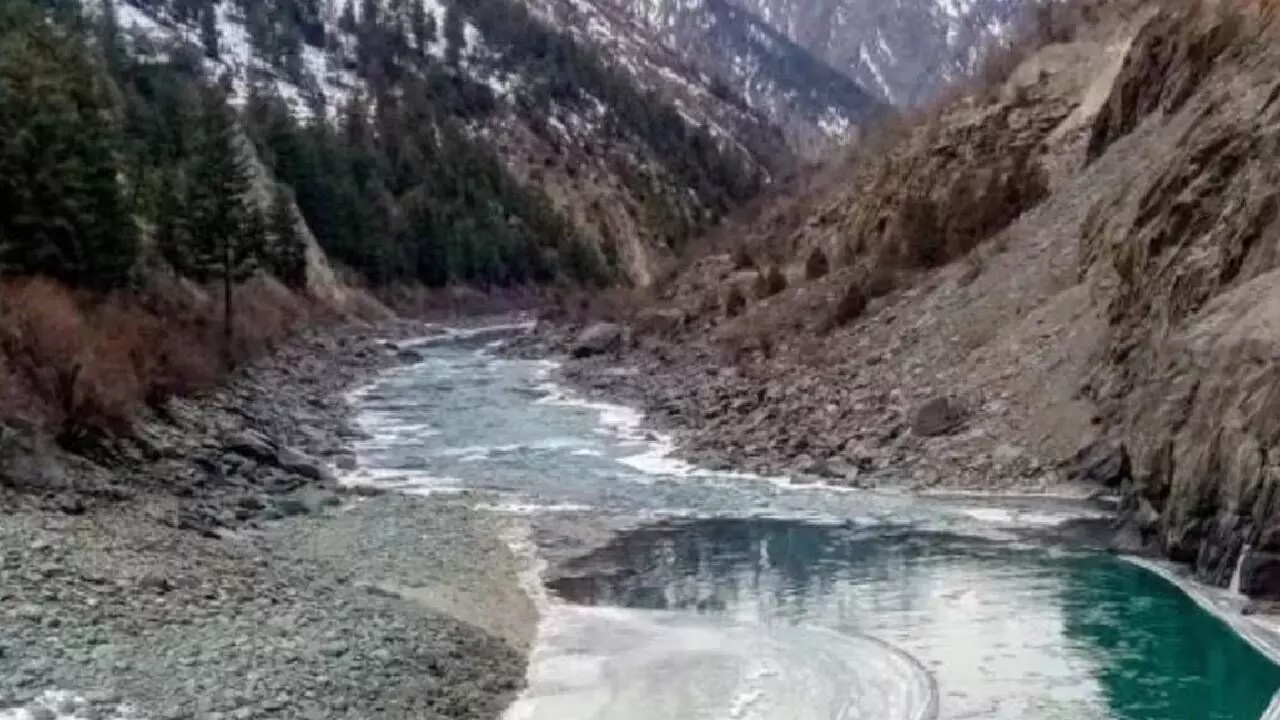India Suspends Indus Waters Treaty, Requests World Bank to Halt Hydropower Talks with Pakistan
India has put the Indus Waters Treaty on hold and formally asked the World Bank to pause arbitration and consultation on the Kishanganga and Ratle hydropower disputes, ramping up its river management actions amid rising tensions with Pakistan
image for illustrative purpose

India has taken bold action following its decision to suspend the Indus Waters Treaty (IWT), requesting that the World Bank-appointed Neutral Expert Michel Lino pause all proceedings concerning the Kishanganga and Ratle hydropower disputes.
In a formal letter, India urged an immediate halt to the agreed 2025 work programme, including Pakistan’s scheduled August response and the fourth joint meeting set for November —a response to Islamabad’s continued support for cross-border terrorism, according to New Delhi.
Simultaneously, India has accelerated river and hydropower activity in Jammu & Kashmir. This includes:
Reservoir flushing at the Baglihar and Salal dams on the Chenab River—their first since commissioning in 2008–09 and 1987—aimed at improving power generation and river health.
Push to fast-track four major hydropower projects on the Chenab (Pakal Dul, Ratle, Kiru) and a canal-diversion plan to route more water into Indian states.
These actions mark a significant departure from previous cooperation under the IWT, which governed shared river use on the western rivers (Indus, Jhelum, Chenab) for Pakistan and eastern rivers (Ravi, Beas, Sutlej) for India.
Pakistan has responded by labeling India’s suspension and river operations as “unilateral and illegal,” and is preparing legal challenges through the World Bank, Permanent Court of Arbitration, and International Court of Justice, warning that any denial of water access amounts to an act of war. Meanwhile, Pakistan’s farmers fear devastating economic impact from potential water cuts and loss of flood forecasts.
The World Bank, which serves only as a facilitator in treaty disputes, has confirmed it lacks authority to intervene in the treaty’s suspension.
India’s move signals a strategic use of water diplomacy, giving it latitude to manage river resources in the Indus Basin more assertively. This may impact Pakistan’s agricultural output—critical for its economy—and risks escalating the dispute into broader geopolitical conflict. The dispute also tests the resilience and relevance of the World Bank–brokered treaty structure without mutual agreement.

